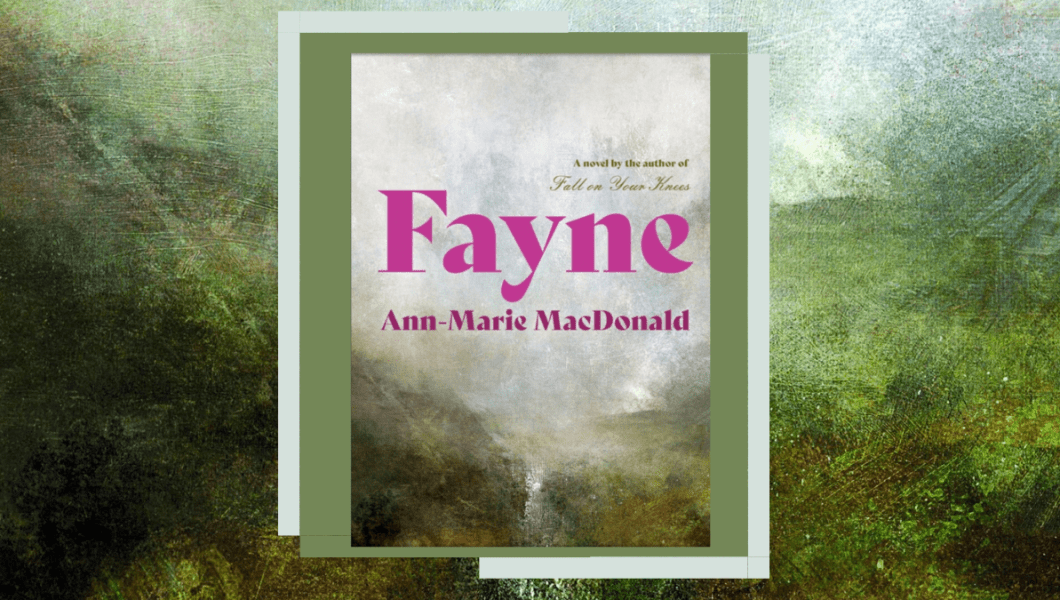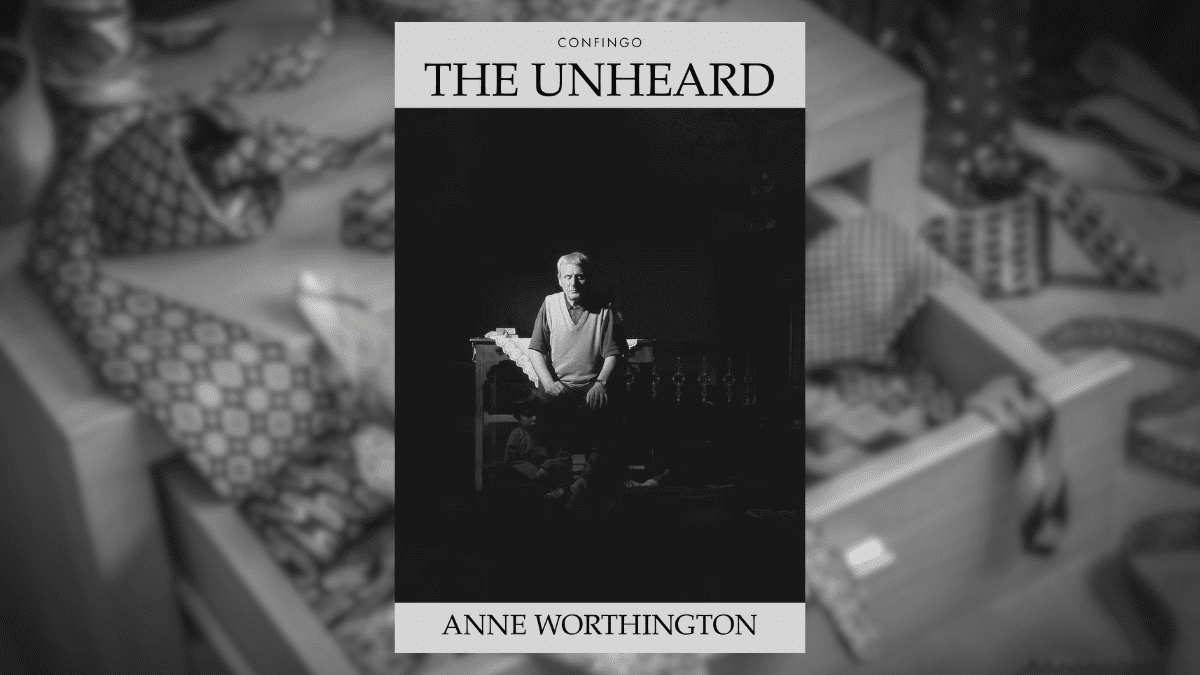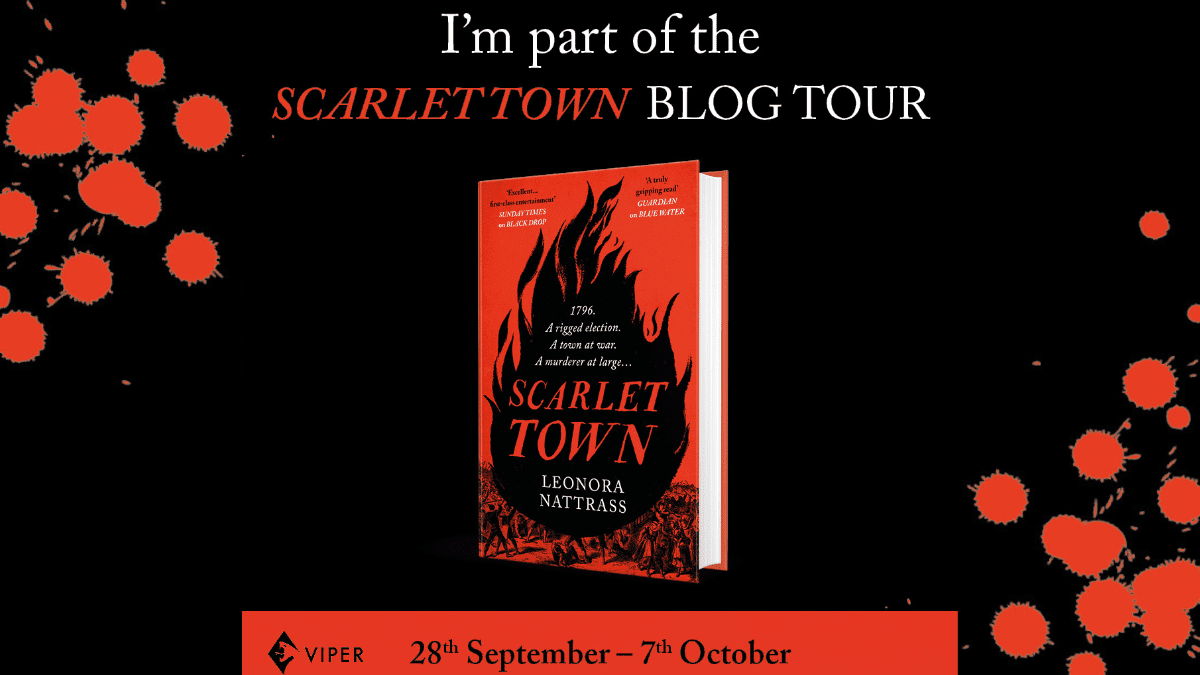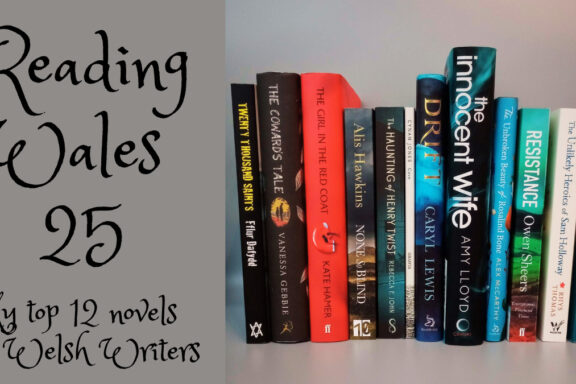Ann-Marie MacDonald lures you into Fayne‘s liminal spaces and disputed borderlands alongside Charlotte, a character who will hold you captivated in this deliciously gothic, queer coming-of-age story.
In the late 19th century, Charlotte Bell is growing up at Fayne, a vast and lonely estate straddling the border between England and Scotland, where she has been kept from the world by her adoring father, owing to a mysterious ‘condition’.
Charlotte revels in the moorlands and has learned the treacherous and healing ways of the bog from the old hired man, Byrn, whose own origins are shrouded in mystery. She lives this idyllic existence in the shadow of the magnificent portrait of her late mother, a beautiful Irish-American heiress, holding her brother, Charles, who was two when he died.
When her father announces he has arranged for her to be cured of her condition, her world is upended. Charlotte’s passion for knowledge and adventure will take her to the bottom of family secrets and to the heart of her own identity.
Coming in at a hefty 736 pages, I felt a little daunted by Fayne at first. The first section of just under 200 pages was a slow burn but I loved having that time to get to know Charlotte. We meet her as an isolated yet spirited and curious child, one with unrestricted access to her father’s library, and freedom to roam the moorlands which her family’s estate encompasses. Her sole companions are her ornithologically-obsessed father, Lord Henry Bell, Seventeenth Baron of the DC de Fayne, Peer of Her Majesty’s Realm of the United Kingdom of Great Britain and Ireland; Byrn, the old man of all jobs, from whom she learns the lore and mystic ways of the moorland, and whose own story almost broke me but who I absolutely adored; as well as her old nurse maid, Knox, Cook, and Cruikshank, the maid.
They all live a quiet, reclusive, practically sequestered life in the country estate high up on moorland in the border country between England and Scotland. It’s a life which sometimes feels carefree and idyllic but is overshadowed by the continuing absence (although this always feels like more of a presence) of her late mother and dead brother, whose imposing portrait Charlotte has to pass on the stairs every day. What happened to Mae, her Irish-American heiress mother, and her brother, Charles, is revealed alongside Charlotte’s own quest for knowledge. It’s a journey which will take her to Edinburgh and a terse encounter with her maiden aunt, Clarissa, who lives in the Bell family townhouse.
Fayne alternates between Charlotte’s story and that of her parents, Henry and Mae, and Aunt Clarissa, although it initially irritated me whenever this switch took place. Ann-Marie MacDonald manages these transitions so well but she also drew me in to the story every time, so much so that I was heavily invested in whichever timeline I was reading and loathe to leave it for the other. No matter how much I’d previously enjoyed that other thread. And yet, each transition still felt timed right, even for this impatient reader.
What I particularly enjoyed about Fayne was how Ann-Marie MacDonald so often wrong-foots the reader. What appears threatening is often benign, what seems harmless is often toxic. You never know who to trust or who will betray another and it’s not always clear where the power lies. When this does become apparent, especially towards the end of the book, it hits home hard and makes you reappraise the story and see the characters in a different light again. Ann-Marie MacDonald helps you understand these morally grey characters even if you don’t particularly like them. And happily, there are also allies to be found here. It’s heartening to see those rally when needed, even when at personal risk to themselves.
I loved the sense of jeopardy. Despite moving around on pavements and in drawing rooms, Charlotte and Mae seem less safe than they had been while out walking among the moorland bogs around Fayne House. Treacherous parlour games play out on both mother and daughter behind Edinburgh’s closed doors. Charlotte may have read a vast section of her father’s library but she’s also naive in so many other ways and way too trusting of people and their motivations. It’s hard for her to find her friends among the characters, although they are there. I simply couldn’t help but root for Charlotte (and Mae) every step of the way, hoping that they would find the firmer tufts of grass to cling to, both literally and figuratively.
Ann-Marie MacDonald’s Fayne gave me exactly the read I was craving in her expansive novel: we travelled from Boston to Rome to Edinburgh and on to the border country between England and Scotland, arriving in a wild, evocative landscape to roam alongside Byrn and Charlotte and even Mae; myth and folklore elements added an air of mystery and the supernatural to the sense of place; you could believe the land held healing properties and had a reason for being left as it is; and the book raised questions about how we manage land while we’re the custodians of it.
It gave me a veritable cast of characters to champion, cheer and jeer or hiss at, my loyalties fluctuating greatly throughout. Fayne felt as satisfying a read as a similarly hefty Victorian novel, while also fresh and relevant in how it challenges the societal constructs of gender. I loved how the book explores so many liminal states while also setting at its heart a character who embodies one. Charlotte’s voice is so engaging, I was utterly won over by her: she’s so spirited, funny, curious and downright joyful company to be in that I sped through Fayne to try and keep up with her, as if it might keep her safe from harm.
Fayne is Charlotte’s story while also being an intergenerational story; it’s set in the borderlands and those other liminal spaces that exist, between gender, between childhood and being an adult, between societal constructs and natural affinities, between science and nature, love and duty, truth and lies, lore and law, myths and reality, sanity and reason, class and compassion. Ann Marie MacDonald’s Fayne is a big book, in every sense, and it’s not always an easy read. I was filled with rage and indignation while reading Mae’s story, and some of Charlotte’s. But it’s also a big-hearted book that creeps up on you and has you in its hold, as stealthily as that sudden mist rises on the moors around Fayne House. Almost as if Ann-Marie MacDonald herself is a marsh sprite and cast this intoxicating story of gender identity from its pages. And I was more than happy to let all the heartbreak and joy, cruelty and humour, the rage-inducing moments and sheer wildness and scope of Fayne consume me.
Fayne by Ann-Marie MacDonald is published by Tramp Press. It is available as an audiobook, ebook and in paperback from Amazon UK (affiliate site), Bookshop.org (affiliate link), Hive or Waterstones. Ann-Marie MacDonald is a novelist, playwright, actor and broadcast host. You can find out more about her writing on her Website, Facebook Page or by following her on Instagram or on Twitter.
My thanks to Helen Richardson and Tramp Press for sending me a review copy and for inviting me to take part in the blog tour, details of which are below:







Leave a comment